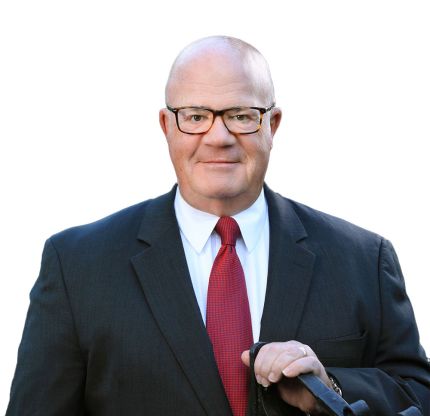
How Insurance Companies Make Money: Wisdom From Warren Buffett
When I first began negotiating with insurance companies some 25 years ago I made the same mistake now common in the funeral profession: I assumed they made their money the way all “normal” businesses do. In other words we generate revenue through sales we pay for our merchandise at wholesale prices generating a cost-of-sales and pay our overhead which, hopefully results in something left over we call profit. With this model in mind I assumed, like so many of you, that insurance companies made profits by charging premiums (revenue) paying claims and commissions (cost of sales) and paying overhead with the hoped for profit at the end. Of course no one disabused me of this fallacy.
This thought model created a lot of confusion for me until I realized that it was a completely inappropriate metaphor for understanding how insurance companies make money. Then along came Warren Buffett with his ‘homespun” style of explanation and the light bulb went on. Part of the confusion came from confusing profit with funds and understanding the nature of the business. According to Buffett the issue is less about annual profits than it is about the cost of underwriting and whether you are generating an underwriting profit or loss. (IMPORTANT: Underwriting profit or loss consists of the earned premium remaining after losses have been paid and administrative expenses have been deducted. It does not include any investment income earned on held premiums) But let’s have Mr. Buffett speak for himself.
“The source of our insurance funds is “float,” which is money that doesn’t belong to us but that we temporarily hold. Most of our float arises because (1) premiums are paid upfront though the service we provide – insurance protection – is delivered over a period that usually covers a year and; (2) loss events that occur today do not always result in our immediately paying claims…
Float is wonderful – if it doesn’t come at a high price. Its cost is determined by underwriting results, meaning how the expenses and losses we will ultimately pay compare with the premiums we have received. When an underwriting profit is achieved – as has been the case at Berkshire in about half of the 38 years we have been in the insurance business – float is better than free. In such years, we are actually paid for holding other people’s money. For most insurers, however, life has been far more difficult: In aggregate, the property-casualty industry almost invariably operates at an underwriting loss. When that loss is large, float becomes expensive, sometimes devastatingly so.
In insurance, the urge to keep writing business is … intensified because the consequences of foolishly-priced policies may not become apparent for some time. If an insurer is optimistic in its reserving, reported earnings will be overstated, and years may pass before true loss costs are revealed (a form of self-deception that nearly destroyed GEICO in the early 1970s).
Finally, there is a fear factor at work, in that a shrinking business usually leads to layoffs. To avoid pink slips, employees will rationalize inadequate pricing, telling themselves that poorly-priced business must be tolerated in order to keep the organization intact and the distribution system happy. If this course isn’t followed, these employees will argue, the company will not participate in the recovery that they invariably feel is just around the corner.”
What Does This Mean For You?
I think one benefit of 31 years specialized experience is having seen some of the best and some of the worst.
Understanding how insurance companies make their money has helped me also understand what makes them stable or, better yet, reliable. The latest disaster, National Prearranged out of Missouri, was predictable. More to the point not understanding the economics of insurance led a lot of funeral directors to ignore common sense and cause harm to themselves.
As you might expect, as the CEO of one of the largest preneed marketing companies in the US and Canada, I was being approached to sell one product or another frequently. I knew that, unlike Buffett and Berkshire Hathaway, reliable preneed insurance companies are forced into a fairly narrow range of investment options with relatively low risk. This told me I needed to stay away from any one that was operating outside the norm. The first clue was always too much growth or too much commission or both. (of course I frequently found with companies operating outside the envelope that what you saw was not always what you got). But I also looked at investment strategies. Risk was a critical factor in my analysis. For instance, investing in mortgages in a hyperinflated real estate market isn’t low risk even before the collapse of 2008.
It is possible to operate outside the norm profitably but then you have to change the model significantly. Geico did this in 1936 when it eliminated the sales force and went direct to the consumer. I have yet to see any company in the preneed market with anything approaching a significant change to the model. So, if a company is fielding a field sales rep force AND paying higher than normal commissions and growth I simply am not willing to buy their story. That attitude helped me avoid involvement in American Funeral Insurance which almost defaulted in the early 1990’s, NPS just recently and several others whose names I won’t mention.
As I said in an earlier article I believe there are only 4 viable companies operating today. The profession’s perseverance in what I call “Applied Ignorance” even after the recent NPS debacle reminds me of the old maxim about wife abuse: “The first time he hits you it’s his fault…the second time it’s yours.”
The next time you encounter a “too-good-to-be-true” scenario…run.
Our Blogging Expert

Business Consultant / Owner
Popular Articles
